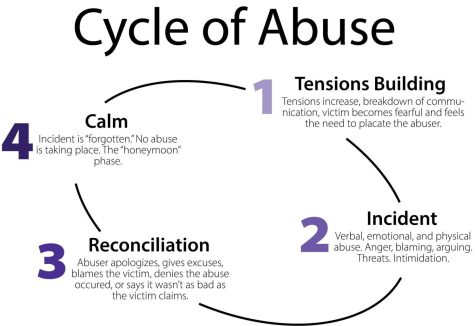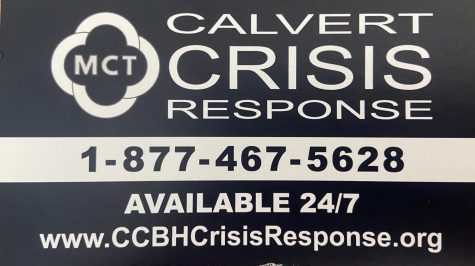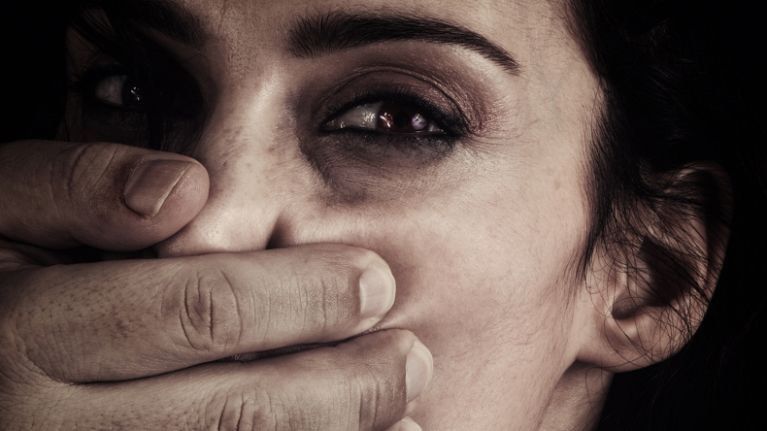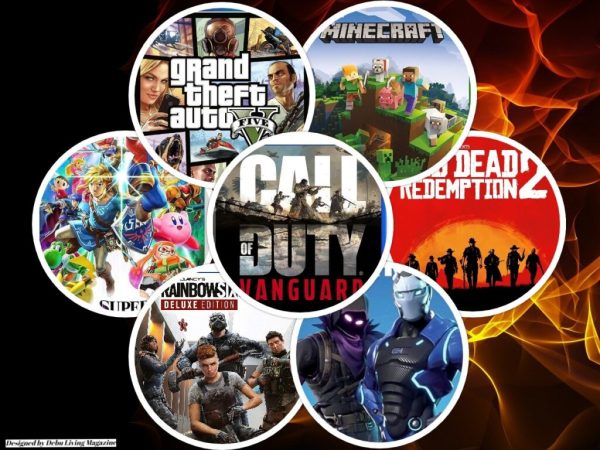Healthy Relationships and Dating Violence
February is officially here and this is Teen Dating Violence Awareness Month. Dating violence is more common than you may think, especially among teens and young adults. Teenagers will often experience physical, sexual, or emotional abuse from someone they’re in a relationship with before they become young adults. And not only can teenagers have such experiences, but adults as well.
Every February, young adults and their loved ones across the nation raise awareness about the issue of teen dating violence through Teen Dating Violence Awareness Month. Love involves respect. It can be tough to navigate a relationship let alone know what makes a relationship healthy or unhealthy.
What is domestic abuse?
According to Mrs. Parks, a Huntingtown High School social worker “Domestic abuse is anything that is inappropriate and violent. I consider it even verbal. The disrespect, swearing at you, and putting you down all the time.” These are the things that others as outsiders see a lot. “Even sexual abuse where guys or girls will be apologetic to you and use intercourse to make up for the argument,” states Mrs. Parks. The abuse starts as a pattern and escalates from there. Abusers can change only if they want to change, but sometimes it can be hard.
What is a healthy relationship?
Healthy relationships have trust, kindness, honesty, respect, independence, equality, and a comfortable pace. Each person takes responsibility. You have fun, and you have healthy conflict. There is no imbalance of power. Partners can make their own decisions without fear of retribution or retaliation.
What is an unhealthy relationship?
Unhealthy relationships have intensity, manipulation, possessiveness, isolation, belittling, betrayal, guilt, sabotage, and deflecting responsibilities. There are other characteristics such as disrespect and control. It is important for youth to be able to recognize signs of unhealthy relationships before they escalate. If you or know someone who is in this type of relationship, there is help for you or your friends.

Do abusers show any warning signs?
“Everybody shows warning signs,” Mrs. Parks states. “It’s always a pattern. It starts off where it’s always lovey dovey, everything is perfect, but there are always short fuses.” There is always stress and when there is stress there is a lot of anxiety. If the abuser has a history of violence, substance abuse, family abuse, there could be a higher chance that they could become a domestic abuser. They can become demanding, controlling, or try to isolate you. For example, they may always be looking at your cell phone. They always want to know who you text or call. They want to know everything you do when they aren’t around. Or they want you to get their permission for everything. If you don’t ask them if you can go do something, then they get mad at you and it causes a short temper to become angry and then it could escalate.
Resources for Victims
There is always someone willing to help in these kinds of situations. If you are an outsider and the victim wants to talk to you, be supportive. Some people can get angry and disagree with the victim, but the victim is trusting you and talking to you about what is going on and they just want someone to listen to them. Or, if you are in a relationship and need someone to talk to, you can talk to an adult you trust, school guidance counselors, social workers, school psychologists, administrators, your teacher, school nurse – they are all willing to help.
If you don’t think you can talk to any of these resources, you can call 886-331-9474 or text LOVE IS to 22522. There is also a hotline for victims, Calvert Crisis response. They are available 24/7 and you can visit their website at www.CCBHCrisisResponse.org, or call them 1-877-467-5628. They will come and pick you up and get you the help you need.
Remember you are not alone!






